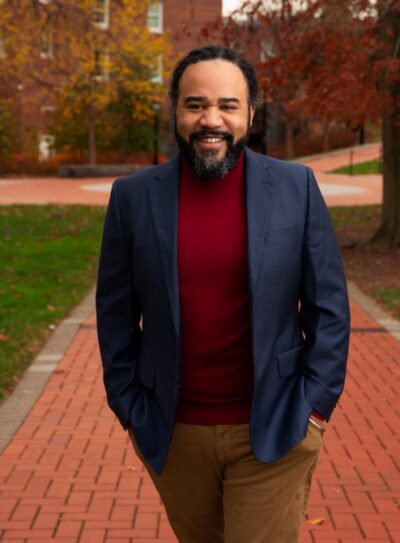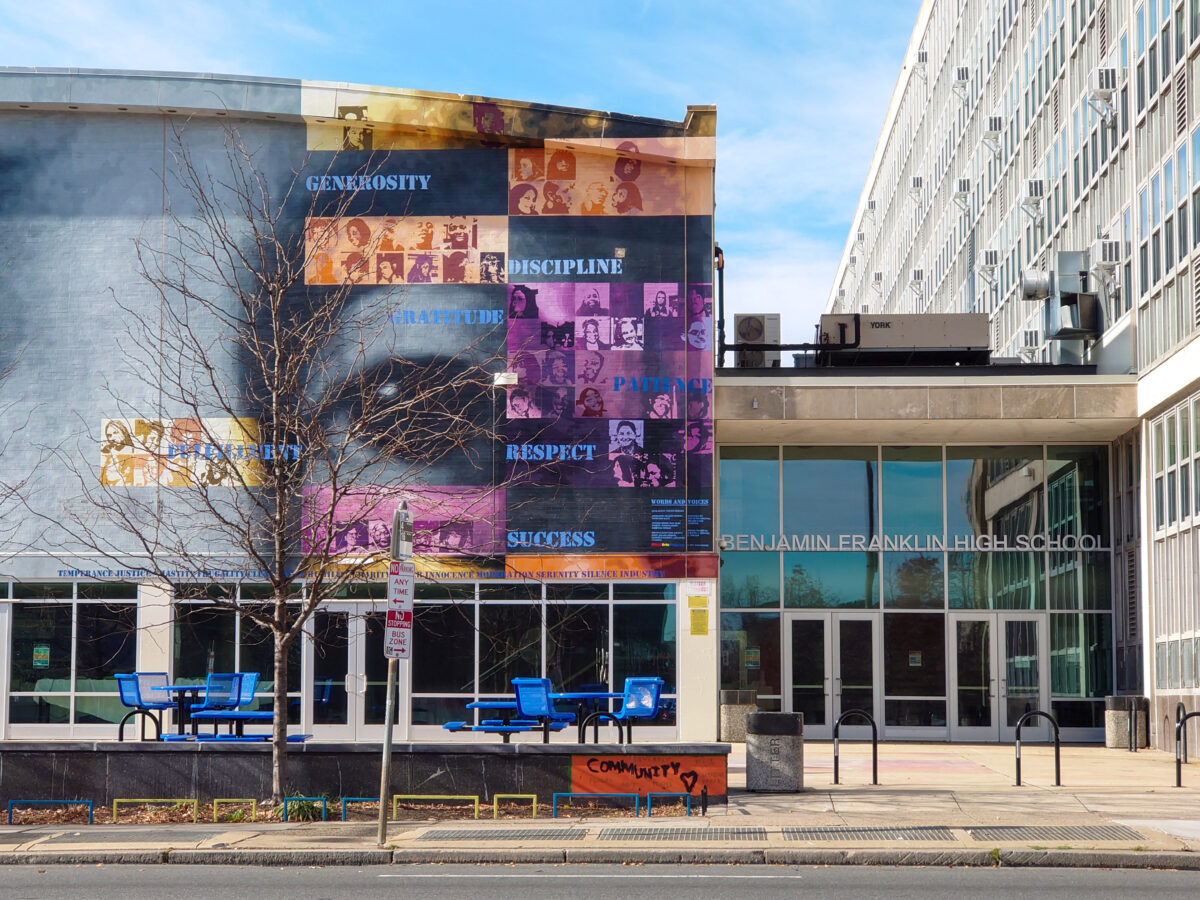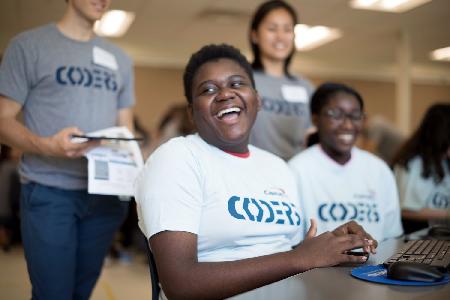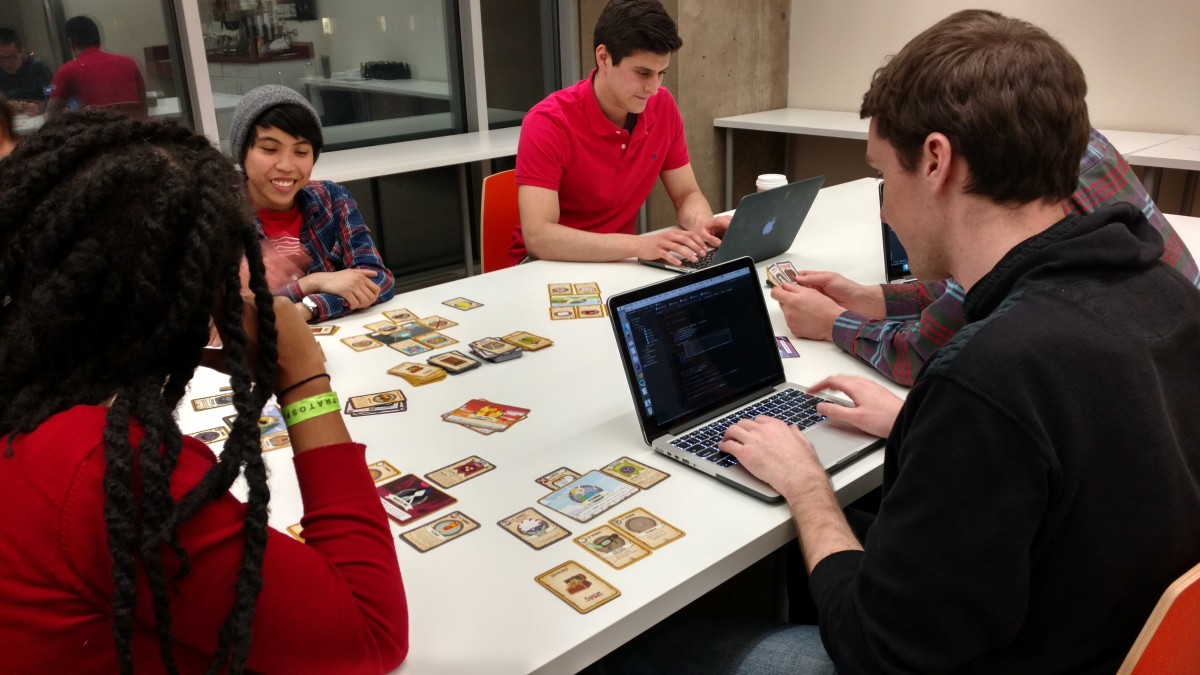A recent study, “Mental Health Challenges and their Impact on College Readiness,” by EAB’s Appily college resource platform, surveyed 6,330 students in grades 9-12 and found that not only do mental health issues impact the majority on a regular basis (58.8%), nearly a third (28%) cited mental health concerns as a reason they may choose not to attend college.
This is especially true for vulnerable populations — 54% of trans students and 53% of nonbinary students reported mental health concerns may lead them to delay college or not attend at all; 33% of Black students and 30% of Native American students reported the same.

Dr. Eric K. Layland (Courtesy)
Dr. Eric K. Layland, an assistant professor in the Department of Human Development and Family Sciences at the University of Delaware, where he specializes in LGBTQ developmental research, is familiar with these kinds of numbers.
“Mental health issues and suicide ideation are higher among LGBTQ teens and young adults compared to their cisgender heterosexual peers, so this issue of elevated mental health being a challenge for LGBTQ young people is not a new issue for folks who work with LGBTQ youth,” Layland told Technical.ly.
For a lot of trans and nonbinary students, mental health is a major deciding factor when considering college readiness, he says. That’s if college is even the right setting for them to transition into adulthood.
Dr. Roderick L. Carey, an assistant professor of human development and family sciences at University of Delaware, devotes his research to the school experiences of urban Black and Latinx adolescent boys and young men, and the ways they imagine their futures. He developed PostsecondaryFutureSelves, an educational tool based on his research.

Dr. Roderick L. Carey (Courtesy)
“Black and Latinx boys find schools as places of cultural conflict between their selves and their buildings and teachers and even their peers,” Carey told Technical.ly. “Some of them are very wary of reproducing that, especially if they’re not athletes and haven’t been supported in that way.”
The pandemic is another factor, Carey says. After experiencing things like quarantines and remote schooling at a young age, many in this generation are more insular than previous generations.
“The meat of it is that students are hurting in the wake of COVID-19,” Carey said. “The kids are coming in from high school with a tremendous amount of needs.”
What colleges can do to help
Colleges, increasingly, are taking steps to address at least some of those needs — and high school students in vulnerable groups are paying attention, often using a school’s cultural, equitable and mental health offerings as criteria when selecting a college.
The organization Campus Pride, for example, evaluates all of the major colleges and universities for how inclusive they are to LGBTQ people and ranks them in their Campus Pride Index, a tool prospective college students can use to see which colleges score high ratings based on things like having an LGBTQ center, gender-inclusive housing options, gender neutral bathrooms and student life programming. It also considers whether the school offers mental health services and has staff trained to identify and deal with mental health crises in at-risk groups. (Just as importantly, there’s also a Worst List)
“One thing that’s really important for universities to consider with our growing population of LGBTQ young people is that, most likely, all faculty, all admin, all staff, whether they are mental health support or not, will be in positions where they’re interacting with LGBTQ students,” Layland said. “So considering how well faculty and staff are trained and prepared to work with LGBTQ young people is important.”
Students surveyed for the Appily report specifically look for mental health accommodations when deciding on colleges, including on-campus counseling and programs supporting social connections. The most wanted type of support — nothing else came close — is mental health sick days, something that has become increasingly common since the pandemic hit.
Still, the report indicates that there’s a long way to go.
“Colleges have to provide mental health supports — that’s not enough,” Carey said. “Colleges have to de-stigmatize mental health challenges. They have to not only offer programs, they have to connect kids to them.”
And it has to start not in college, but in K-12. Secondary education, Carey said, should be teaching students how to ask for help the way they teach any other necessary skill.
“If students aren’t flexing those muscles in high school, they’re going to fall through the cracks.”
Before you go...
Please consider supporting Technical.ly to keep our independent journalism strong. Unlike most business-focused media outlets, we don’t have a paywall. Instead, we count on your personal and organizational support.
3 ways to support our work:- Contribute to the Journalism Fund. Charitable giving ensures our information remains free and accessible for residents to discover workforce programs and entrepreneurship pathways. This includes philanthropic grants and individual tax-deductible donations from readers like you.
- Use our Preferred Partners. Our directory of vetted providers offers high-quality recommendations for services our readers need, and each referral supports our journalism.
- Use our services. If you need entrepreneurs and tech leaders to buy your services, are seeking technologists to hire or want more professionals to know about your ecosystem, Technical.ly has the biggest and most engaged audience in the mid-Atlantic. We help companies tell their stories and answer big questions to meet and serve our community.
Join our growing Slack community
Join 5,000 tech professionals and entrepreneurs in our community Slack today!






